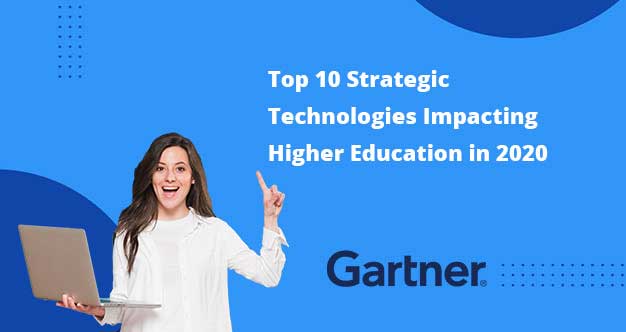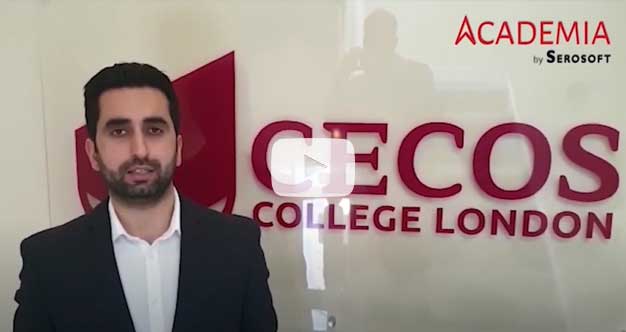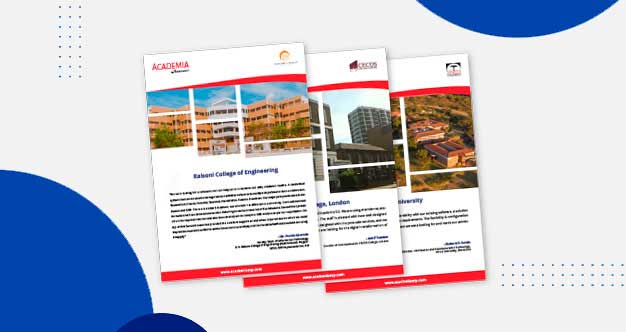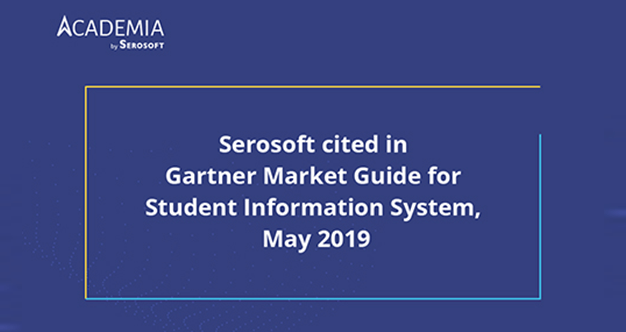The application of AI in Higher Education
Artificial intelligence (AI) is revolutionizing higher education by providing innovative solutions to enhance the learning experience, improve academic outcomes, and streamline administrative processes. AI technologies, such as Natural Language Processing, Machine Learning, and Deep Learning, can automate repetitive tasks, provide personalized learning experiences, and support data-driven decision-making. In this blog, we will explore how AI is transforming higher education.
Personalized Learning
One of the most significant advantages of AI in higher education is its ability to personalize the learning experience for each student. AI can analyze student data through machine learning algorithms, including their learning styles, strengths, and weaknesses, and recommend customized learning paths that match their needs. AI-powered learning platforms can adapt to each student’s pace, provide targeted feedback, and recommend additional resources based on their progress.
For instance, AI-powered adaptive learning platforms like CogBooks and Knewton can analyze student performance data in real-time, identify knowledge gaps, and provide personalized recommendations for study materials, exercises, and assessments. This methodology has been shown to significantly improve student engagement, retention, and academic outcomes.
Automated Administrative Processes
AI can also streamline administrative processes and reduce the administrative burden on faculty and staff. AI-powered chatbots automation can handle routine inquiries, such as enrollment procedures, course schedules, and grading policies, freeing up staff time to focus on more complex tasks.
Chatbots can also provide real-time support to students, answering their questions and guiding them through the learning process.
AI can also automate administrative tasks such as course scheduling, grading, and plagiarism detection. For example, Turnitin uses AI-powered algorithms to scan student papers for plagiarism and provide instructors with an originality report.
This saves instructors time and ensures academic integrity by identifying and addressing potential instances of plagiarism. Improved Student Retention
AI can also help identify students at risk of dropping out and provide targeted interventions to improve their retention rates. By analyzing data such as attendance, grades, and engagement levels, AI can identify students needing additional support and provide personalized recommendations to improve their academic outcomes. This approach can help institutions improve their student retention rates and reduce the costs associated with student attrition.
For example, Georgia State University has implemented an AI-powered predictive analytics system that analyzes student data and identifies students at risk of dropping out.
The system provides personalized interventions such as tutoring, mentoring, and financial aid counseling to support these students and improve their retention rates.
As a result, the university has seen a significant improvement in graduation rates and reduced student loan defaults. Conclusion
AI has the potential to transform higher education by providing personalized learning experiences, automating administrative processes, and improving student retention rates. However, it is important to recognize that AI does not replace human instructors and advisors. Rather, AI should be seen as a tool to support and enhance the work of faculty and staff, allowing them to focus on high-value tasks such as mentoring, research, and curriculum development. By adopting AI technologies, higher education institutions can create a more effective and efficient learning environment that benefits students and faculty.
Take a step towards automation and digitalization for your higher ed institution by taking a live demo of the Academia ERP/Student Information System. You can also check our higher ed plans and choose the best-suited one for your institution’s requirements.
Related posts:
 Higher Ed Plans
Higher Ed Plans K12 Plans
K12 Plans










